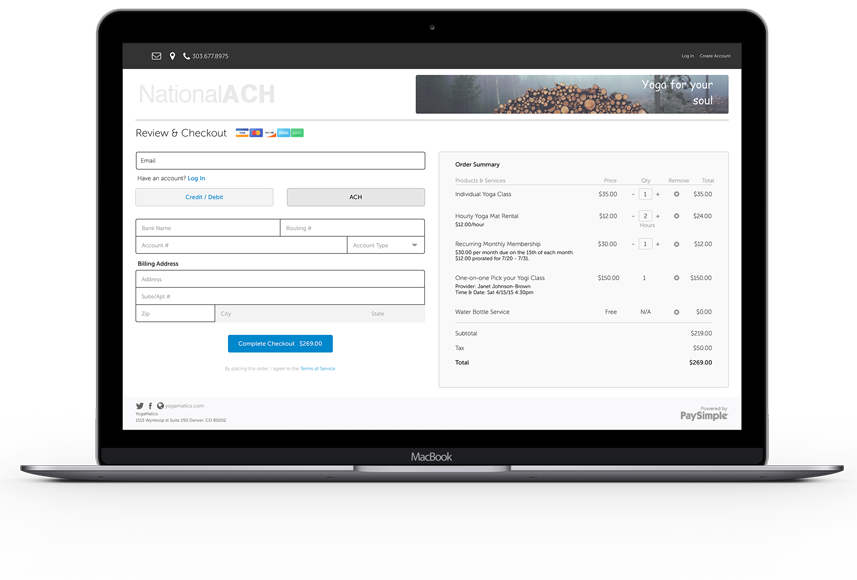Echecks Reduce Risk for High Ticket Sales
Increased Demand for High Ticket Products
The term “high-ticket” is used to designate an wide categories of products that have one feature in common: they are expensive. Examples of high ticket items include luxury items, such as designer clothing & jewelry, collectibles, electronics, furniture and home appliances.
In recent years, customer demand for high ticket items has soared. Shoppers expect to buy expensive items as quickly and easily online in the same way that lower ticket items are purchased.
Risk of Fraud for High Ticket Sales
Two words best describe the sales of high-ticket items. Profitable and risky.
Merchants selling expensive items are classified as high risk merchant accounts by payment processors.
Expensive products are equally attractive to both legitimate consumers and fraudsters. But cyber-criminals find high ticket items extremely profitable from a cost-benefit perspective.
Electronics, jewelry, and collectibles can quickly and easily be resold before merchants are even aware that the transactions are fraudulent. By the time you have notification of fraud (usually because the legitimate owner of the card charges back the transaction), your losses can be dramatic.
The banks & payment processors also take a big hit. If you are unable to cover the losses for the fraudulent transactions, the banks & processors are obligated to do so.
One of best ways to mitigate risk on high ticket item sales is to promote echecks as the preferred payment option at checkout.
What is an Echeck?
An echeck electronically debits funds from buyers’ bank accounts. And automatically deposits the funds to your business bank account.
There are two ways of processing echecks. An ACH merchant account uses the ACH Network to process the orders. A Check21 merchant account uses bank-t0-bank image transfer instead of the ACH Network.
From a user perspective, both Check 21 and ACH merchant accounts operate in the same way. The buyer provides banking routing & account information at checkout and the payment is authorized. The decision on which method of processing to use depends on the specifics of your business.
Fraud Risk Echecks vs. Cards
While the preference of consumers for echeck payments has increased, this cannot be said about fraudsters who continue to rely on cards for the majority of their illicit activities.
The most recent Federal Reserve Payments Study compares the fraud rate of the two payment methods. It concludes that, in terms of value, cards have a fraud rate of 8.27 basis points. This means that for every $10,000 spent, $84.27 were lost because of fraud.
Echeck payments have a considerable lower fraud rate of just 0.24 basis points. This means that for every $10,000 spent, $2.40 would be lost due to fraud.
Of course, as the payment landscape changes, these figures may be change. But at this time, echecks payments are have far fewer risks of loss to you due to fraudulent transactions than do card payments.
Conclusion
In additon to reducing risk from fraudulent transactions, echecks offer many other advantages to you.
- Echeck / ACH merchant accounts are easier to obtain than card accounts for high ticket sales
- The more ways customers have to pay you, the more sales you will make. Adding echecks at checkout gets you more orders from buyers that don’t have cards, are maxed out on cards, or who simply prefer to pay through a direct debit from a bank account.
- Payment processing fees for echecks are lower than cards, saving you money.
- Echecks give you a competitive edge. More than 30% of internet merchants offer the payment option. If you don’t, you risk losing sales to your competitors who do.
Do you want to increase sales while decreasing risk?
Contact info@nationalach.com today
